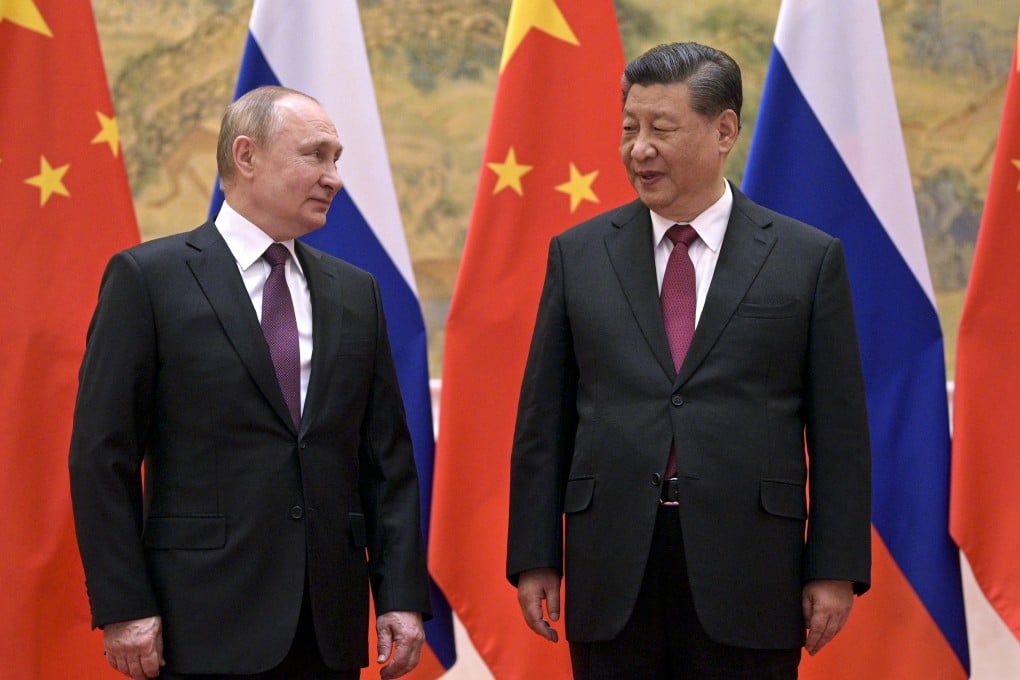Advertisement
Opinion | A bipolar world is re-emerging, as China and Russia join hands
- In a joint statement on a new era of international relations, Xi and Putin have thrown down the gauntlet to the US-led world order
- Those who thought history had come to an end with the collapse of communism in the USSR might have another think coming
Reading Time:3 minutes
Why you can trust SCMP
67

Beijing and Moscow have good reason to feel isolated and unloved these days, and in their loneliness they have found each other. The two erstwhile fraternal communist giants are closer to an alliance than they have been since Mao Zedong broke with Moscow during the Cuban missile crisis in 1962.
There’s still plenty of disparity between the national interests of China and Russia, but faced by containment on all sides, they are finding important points in common, too.
China has an economy six times that of Russia’s, but what Russian President Vladimir Putin lacks in wealth and manpower can to some extent be addressed by his unblinking willingness to engage in asymmetrical battles against better-equipped adversaries.
Advertisement
More troubling, not just for Putin’s foes but for the planet in general, has been Putin raising the spectre of a nuclear attack.
Despite its brevity and complications in Ukraine, Putin’s visit to Beijing during the Winter Olympics was more than a photo opportunity. After his meeting with President Xi Jinping, the two leaders issued a 5,000-word joint statement about a shared vision for international relations in a new era.
Advertisement
Journalist Robert Scheer describes the statement as a “historic articulation of the major shift under way from the unipolar world that has existed since the fall of the Soviet Union”.
Advertisement
Select Voice
Choose your listening speed
Get through articles 2x faster
1.25x
250 WPM
Slow
Average
Fast
1.25x
